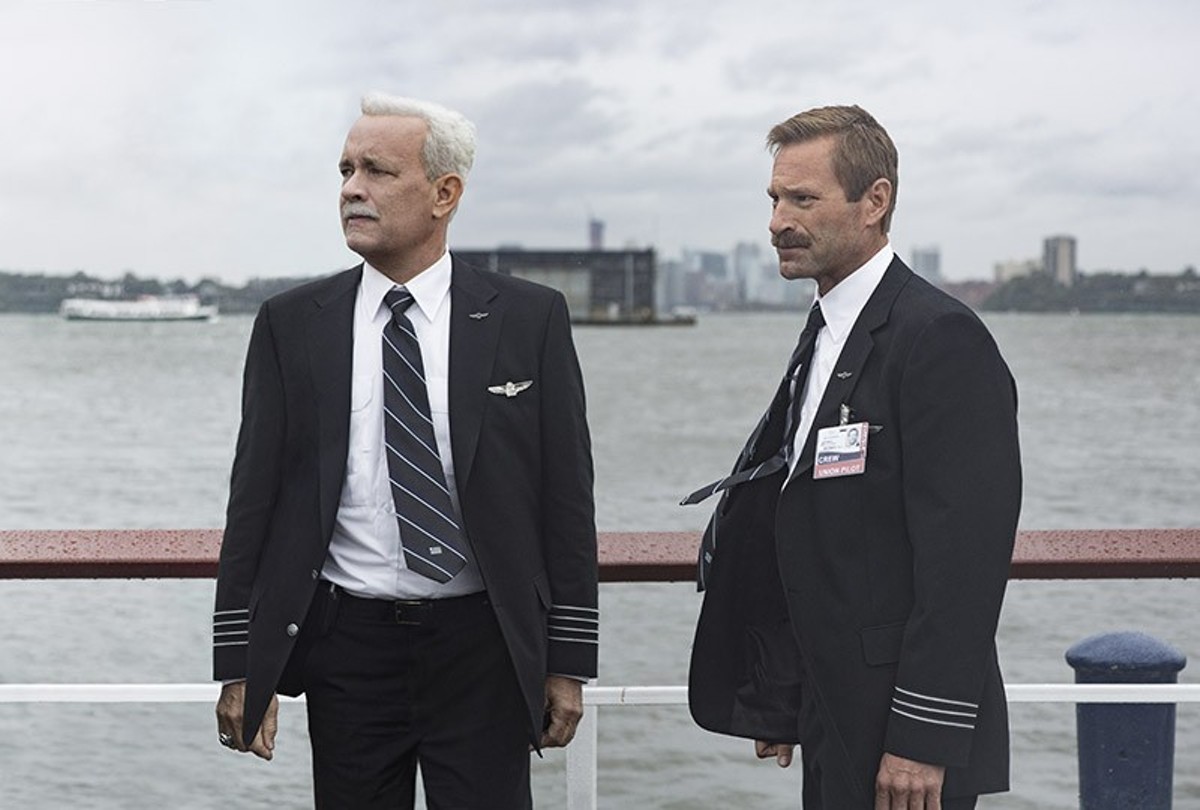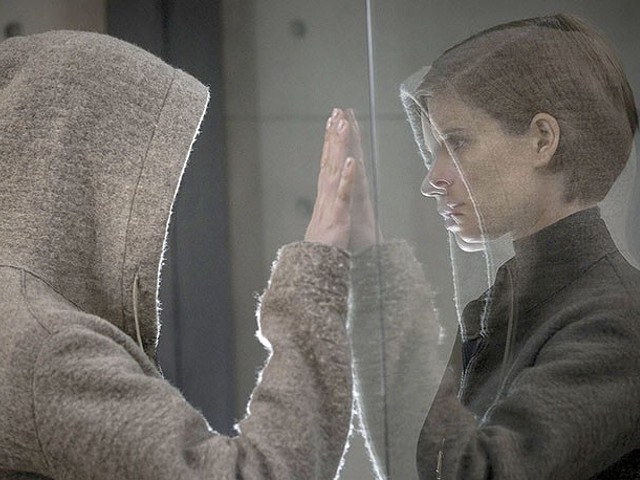For several years, there's been an interesting battle of wills going on between Clint Eastwood the filmmaker and Clint Eastwood the celebrity.
Director Eastwood makes thoughtful, challenging films fueled by a rigorous, almost classical style and has a mind drawn to ambiguity and enjoys tearing down false images. Celebrity Clint has a prickly side: When one reporter quotes him saying that he favors an almost entirely vegetarian diet, he makes sure that the next interview is conducted while he's eating a steak. Celebrity Clint makes unfounded political statements that sometimes sound like he's getting talking points from that grumpy old codger you avoid making eye contact with at the bus stop. Director Eastwood makes films that challenge racism, question media exploitation in the guise of patriotism, forgive assisted suicide, attack the death penalty and even suggest that opposing sides in war might both be worthy of sympathy, ideas that have drawn harsh criticism from the same right-wing talk radio blowhards whose half-baked conspiracy notions Celebrity Clint loves to repeat.
In a way, the two personalities have honed their differences into a well-tuned relationship. Celebrity Clint plays up the macho image and tired reactionary attitudes for the press as if he were unaware that director Eastwood has spent a good portion of his 35-film career slyly deflating them. We can't entirely ignore Celebrity Clint — he's been a big star for more than a half-century — but we don't have to take him seriously. When Director Eastwood is in good form — as he frequently is — his grouchy alter ego goes into hiding and lets the better half of the duo go about his business.
Eastwood's new film Sully is the story of a man unintentionally thrust into the public eye. It's about being forced to take action in an emergency situation, but also about having to question and justify that action. Though it's based on an event that made headlines a few years ago, it's tempting to call some of its observations on fame and the media the most autobiographical work Eastwood has ever made.
Tom Hanks plays Captain Chesley Sullenberger, a 57-year-old pilot for US Airways who received national attention in January 2009 when he lost both engines on a 155-passenger plane and was forced to make an emergency landing in the middle of the Hudson River. He was praised as a hero by many and accused of recklessness by others. For the modest Sullenberger, both reactions — extravagant praise and impassive scrutiny — were equally disconcerting.
For much of the film Hanks' Sully is a stranger in a strange land, a man used to being in control of his life now dropped into a completely unfamiliar place. Hanks gives a careful, understated performance, reacting and absorbing the overlit world around him like a Rip Van Winkle who wakes up in the middle of Times Square. As Sully's co-pilot Jeff Skiles, Aaron Eckhart is the comic sidekick to the reserved Hanks; they fit together with the congeniality of an old vaudeville team, their relationship critical to the force of the film's final confrontational sequence.
While Hanks' performance adds much to the film, the genius of Sully comes from its handling of the emergency landing, what Sully frequently calls "the 208 seconds." Structuring the film around the National Transportation Safety Board's investigation immediately after the Hudson landing, Eastwood stages the event as a high-tech version of Rashomon, replaying the action in a variety of forms and styles. There's an extended narrative version, showing the flight from start to finish from the perspectives of the crew, the passengers, the air traffic controller and even the rescue teams, followed by a series of simulations, media representations and finally a tense real-time reenactment focusing solely on the actions of the pilots. This is, in a sense, an investigation of an investigation, but Eastwood and screenwriter Todd Komarnicki find drama in its repetitions and revisions, turning what could have been a talky series of testimonies and technical jargon into a story of courage and passion.
The message — that there can be a significant gap between the truth of a person or an event and the way it's perceived — is a favorite Eastwood theme from as far back as 1980's Bronco Billy. But the difference between Sully and the director's previous myth-busting is that here he's not simply lifting the curtain on a false image (as in Flags of our Fathers) or lampooning a fraud (as with Richard Harris' character in Unforgiven): He's reversing the terms. With Sully, Eastwood pulls back the layers of interpretation and speculation to find a real hero in its center. An inspirational story gets an inspired telling.






